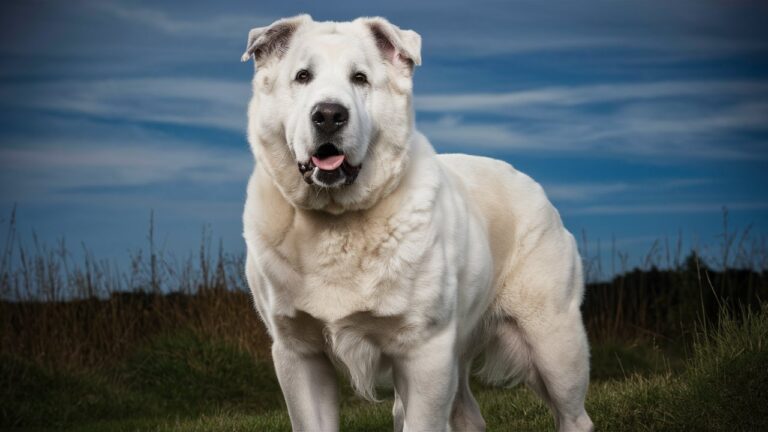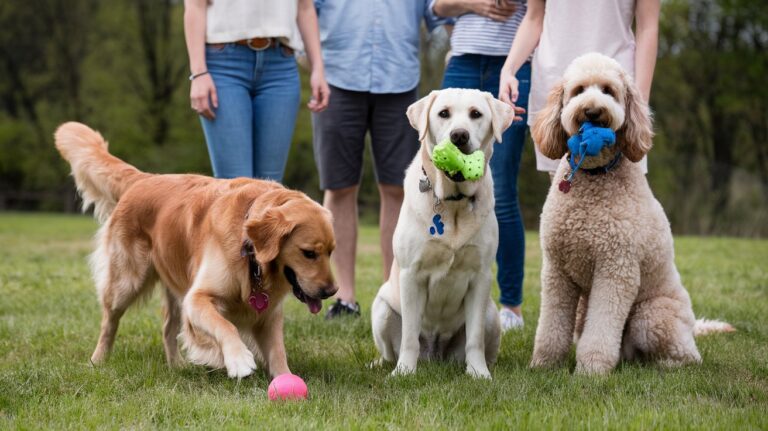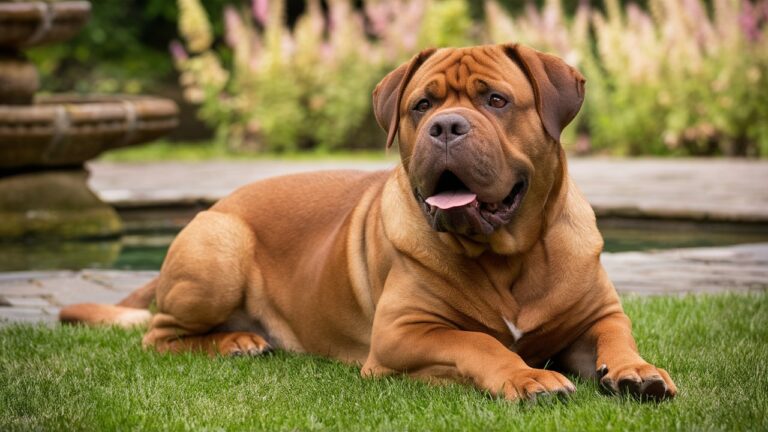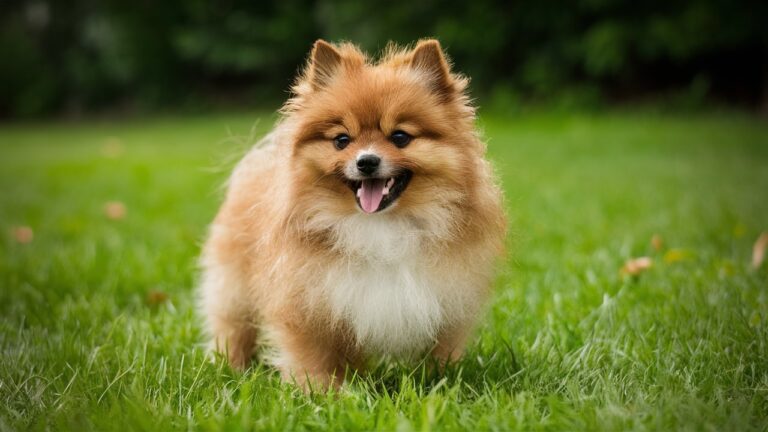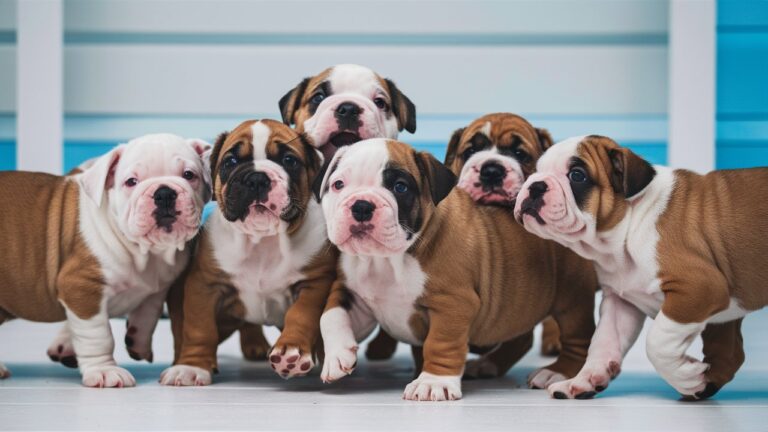The Boxer: A Comprehensive Guide to This Energetic and Loyal Breed
Boxers are one of the most beloved dog breeds, known for their boundless energy, loyalty, and distinctive appearance. With their muscular build, square jaws, and expressive faces, Boxers are both striking and endearing. This guide will delve into the history, characteristics, care requirements, and unique qualities that make Boxers such cherished pets. Personal anecdotes and expert insights will help paint a full picture of what it means to share your life with a Boxer.
Table of Contents
ToggleA Brief History of the Boxer
The Boxer breed originated in Germany in the late 19th century. Their ancestors include the now-extinct Bullenbeisser, a powerful and agile hunting dog used for chasing large game, and the Bulldog. The breed was refined and standardized in Munich, where breeders aimed to create a dog that was both a capable working animal and a loyal companion.
Boxers were initially used for a variety of roles, including hunting, guarding, and working as messenger dogs during World War I and World War II. Their versatility and intelligence made them well-suited for these tasks. The breed was recognized by the American Kennel Club (AKC) in 1904, and since then, they have become one of the most popular breeds in the United States and around the world.
Characteristics of Boxers
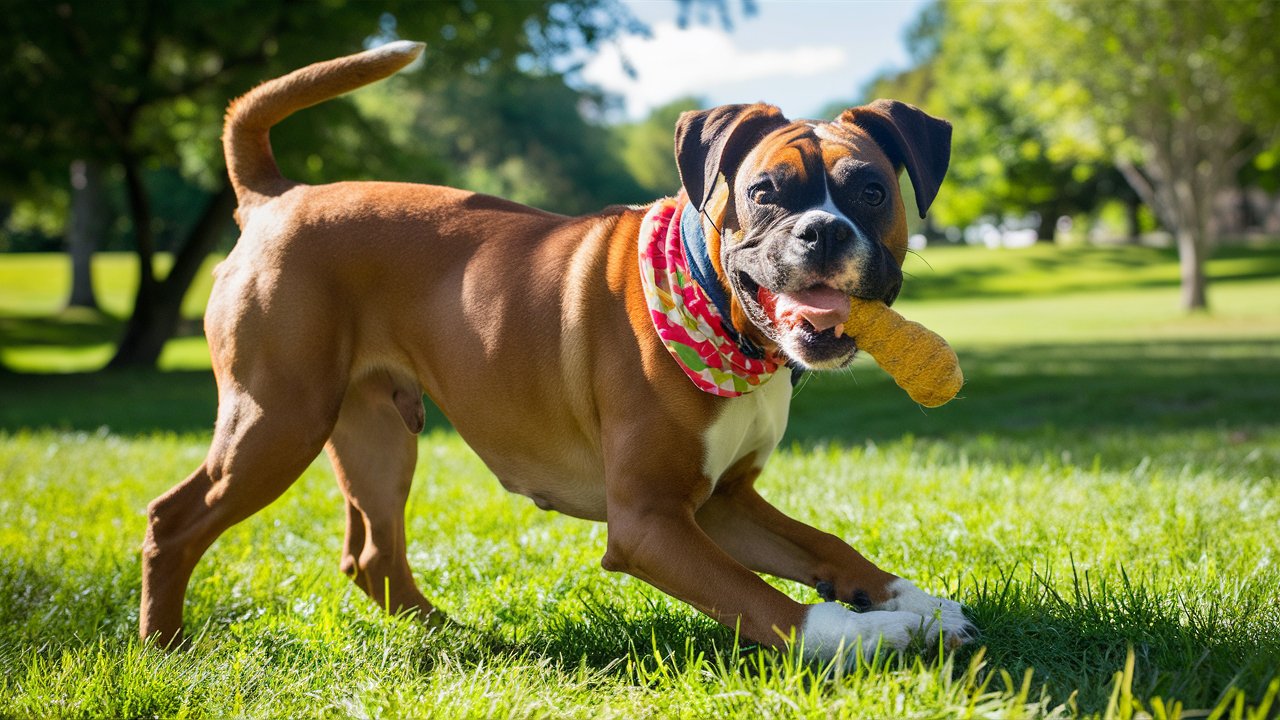
Physical Traits
- Size: Boxers are medium to large dogs, with males typically weighing between 65-80 pounds and standing about 23-25 inches tall at the shoulder. Females are slightly smaller, weighing between 50-65 pounds and standing about 21.5-23.5 inches tall.
- Coat: They have a short, smooth coat that lies tight to the body. The coat colors are usually fawn or brindle, often with white markings.
- Head: Boxers have a distinctive head with a broad, blunt muzzle and strong jaws. Their ears are naturally floppy but are sometimes cropped to stand erect.
- Tail: Their tails are typically docked in countries where this practice is still legal.
Temperament
Boxers are known for their playful and affectionate nature. They are often described as the “Peter Pan” of dog breeds due to their perpetual puppy-like behavior. Key temperament traits include:
- Energetic: Boxers are very active and require plenty of exercise to keep them happy and healthy. They love to play and are known for their “Boxer burn,” a sudden burst of energy that results in zooming around the house or yard.
- Loyal: They form strong bonds with their families and are known to be protective. This makes them excellent watchdogs.
- Intelligent: Boxers are quick learners but can be a bit stubborn. Consistent and positive training methods work best with this breed.
- Social: They generally get along well with children and other pets if properly socialized from a young age.
Personal Anecdote: My Experience with a Boxer
Growing up, my family always had dogs, but it wasn’t until we got a Boxer named Rocky that I truly understood the unique charm of this breed. Rocky was a whirlwind of energy and affection, always ready to play fetch or go for a run. One memorable summer, we took Rocky on a family camping trip. He was in his element, exploring the trails, splashing in the lake, and even trying to befriend the local wildlife.
One evening, as we sat around the campfire, Rocky began to perform his version of a “Boxer burn,” running in circles around the campsite, much to the amusement of our fellow campers. His antics were a source of endless laughter and joy. Rocky’s boundless enthusiasm and love for adventure made every outing special and left a lasting impression on everyone who met him.
Caring for a Boxer
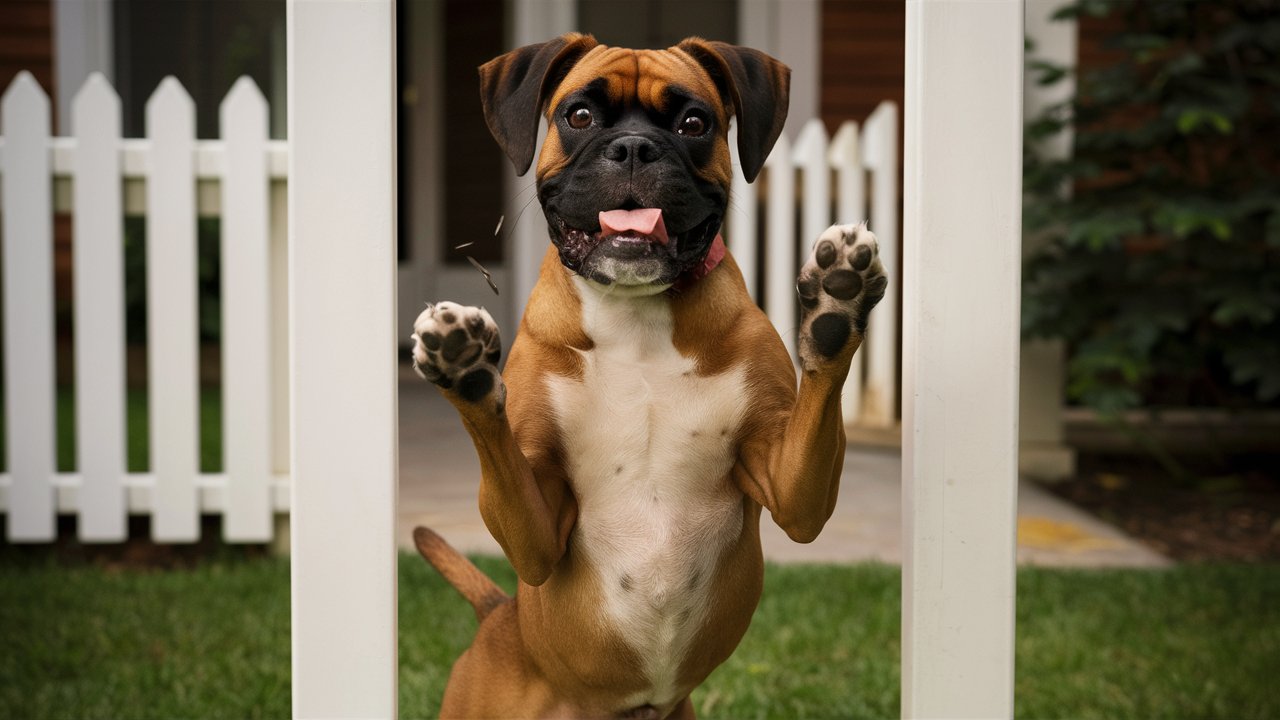
Nutrition
Boxers require a balanced diet to maintain their muscular build and high energy levels. Here are some dietary considerations:
- High-Quality Food: Choose a dog food that lists meat as the first ingredient and contains a balanced mix of proteins, fats, and carbohydrates.
- Portion Control: Due to their high energy levels, Boxers can be prone to overeating. Follow feeding guidelines and adjust portions based on your dog’s activity level and age.
- Avoid Human Food: Some human foods can be harmful to dogs. Stick to dog-safe treats and avoid giving them table scraps.
Exercise
Boxers are an active breed that needs regular exercise to stay healthy and happy:
- Daily Walks: Aim for at least one hour of exercise per day, which can include walks, runs, or playtime in the backyard.
- Mental Stimulation: Engage your Boxer with puzzle toys, training sessions, and interactive games to keep their mind sharp.
- Socialization: Regular playdates with other dogs can help satisfy their social needs and improve their behavior around other pets.
Grooming
Boxers are relatively low-maintenance when it comes to grooming:
- Brushing: Brush their coat weekly to remove loose hair and keep their coat shiny.
- Bathing: Bathe your Boxer as needed, typically once a month or when they get particularly dirty.
- Nail Trimming: Trim their nails regularly to prevent overgrowth and discomfort.
- Ear Care: Check and clean their ears regularly to prevent infections, especially if they have natural, floppy ears.
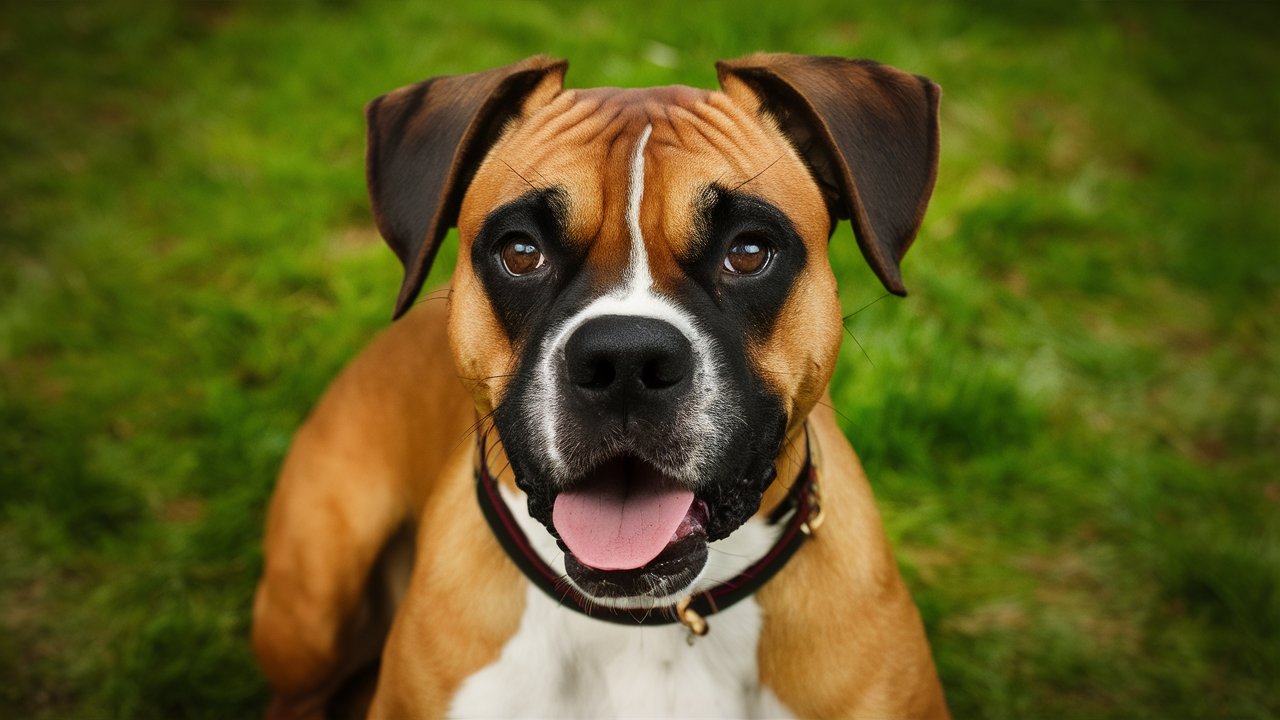
Health
Boxers are generally healthy, but they are prone to certain genetic conditions:
- Heart Conditions: Including aortic stenosis and cardiomyopathy.
- Cancer: Boxers have a higher risk of developing certain types of cancer, including mast cell tumors and lymphoma.
- Hip Dysplasia: A genetic condition that affects the hip joint.
- Allergies: Some Boxers are prone to skin allergies, which may require special diets or medications.
Regular veterinary check-ups, a healthy diet, and appropriate exercise can help mitigate these risks.
Training and Socialization
Training a Boxer requires patience and consistency due to their intelligent but sometimes stubborn nature:
Basic Commands
Start training early with basic commands such as sit, stay, come, and heel. Positive reinforcement techniques, such as treats and praise, are particularly effective.
Socialization
Expose your Boxer to different environments, people, and other animals from a young age. This helps them develop into well-rounded and confident adults.
Advanced Training
Boxers excel in advanced training and can be trained for various roles such as:
- Agility Training: Their athletic build and energy levels make them great candidates for agility courses.
- Obedience Training: Advanced obedience training can help manage their exuberance and ensure they are well-behaved in all situations.
- Therapy Dogs: Boxers’ affectionate nature makes them excellent therapy dogs, providing comfort and companionship in hospitals and nursing homes.
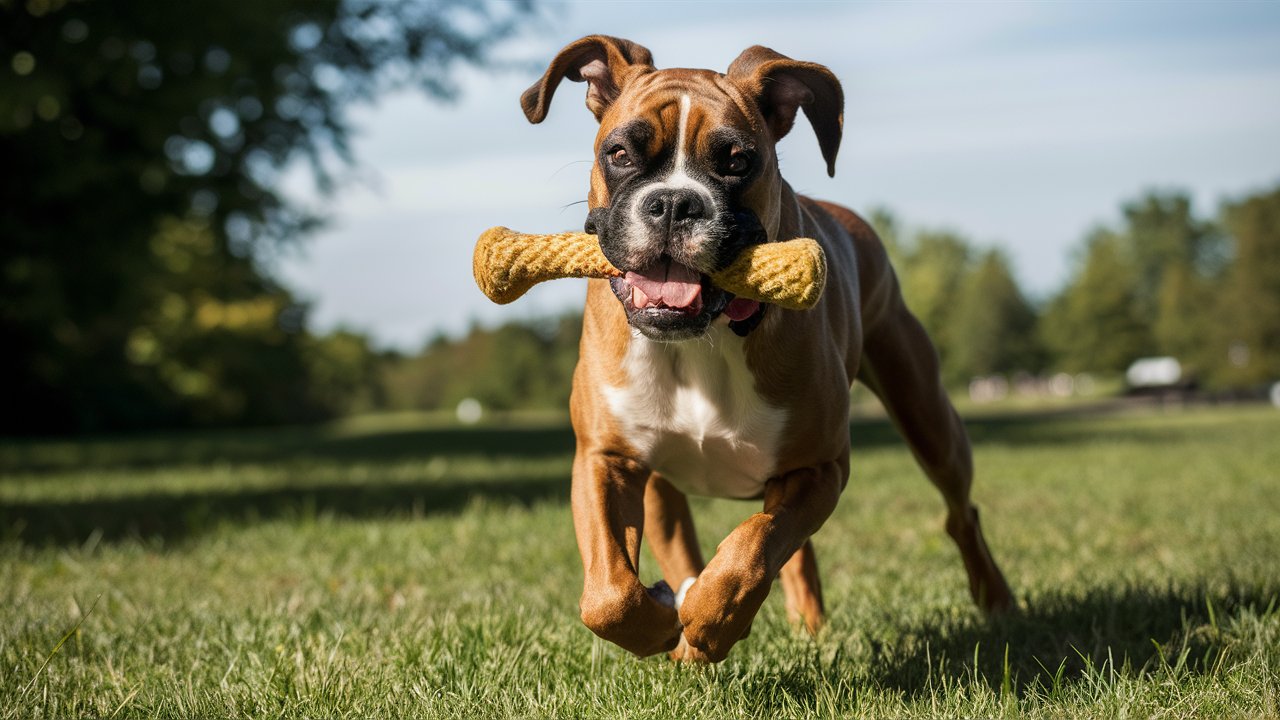
Conclusion
Boxers are much more than just their striking appearance. They are energetic, intelligent, and deeply loyal companions that bring joy and excitement to any household. Their playful demeanor and boundless affection make them ideal family pets, while their protective instincts and intelligence allow them to excel in various roles beyond companionship.
My experience with Rocky, our family Boxer, highlighted the unique charm and endearing qualities of this breed. His enthusiasm for life and unwavering loyalty left a lasting impact on our family, and I’m sure any Boxer owner would agree.
If you are considering adding a Boxer to your family, understanding their needs and characteristics is crucial to ensuring a happy and healthy life for your furry friend. The bond you form with a Boxer is truly special, filled with unforgettable moments of joy, loyalty, and love.

